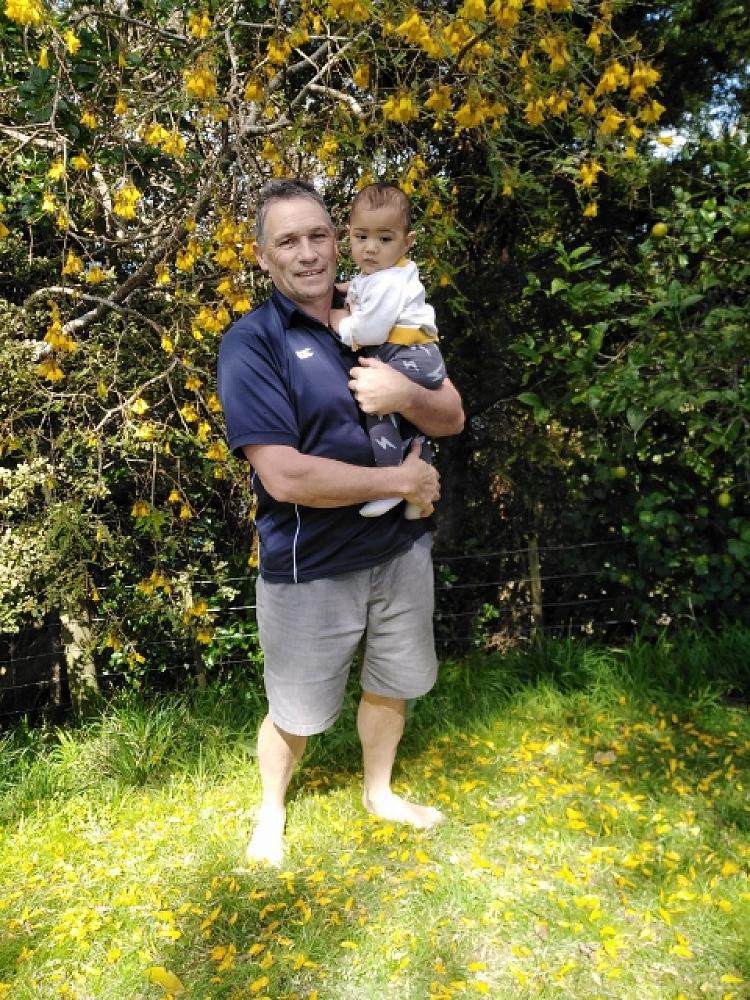
Whakatau
In this reflection Glen Hauraki, Kaikarakia from the Taitokerau Rohe shares how he incorporates whakatau the welcoming ceremony in his workplace. As a Kaiarahi Site Manager Glen provides supported accommodation for tangata long-serving men released from prison. We see the grace of compassion, patience always present in this practice of whanaungatanga relationship building.
He hōnore ki te Atua.
He maungarongo ki runga i te mata o te whenua.
He whakaaro pai ki ngā tangata katoa.
Hanga e te Atua he ngākau hou ki roto ki tēnā ki tēnā ō mātou.
Whakatōniga tō wairua tapu.
Hei awhina, hei tohutohu i a mātou mahi katoa.
Amine.
I begin with this prayer in our whakatau to settle and offer thewelcome into the space of the whare. In the mihimihi we do three things. We acknowledge Atua, mate those who have died and them as the manuhiri. The next stage of this process is to create whanaungatanga relationships. The whole experience is to foster the ahuatanga of trust, to give them the sense that this is a safe place.
Tangata arrive with their own life experiences, character and personality. In the whanaungatanga we explore whakapapa connections in a cultural and spiritual way to find common ground of relating to each other. In whanaungatanga I meet men from different backgrounds, and different cultures. It is a challenge if they are of different nationalities, or social classes. The men arrive with conditions set by Corrections and are responsible for their conduct while living in the house. The whare is a stepping stone in their journey to transitioning back to their whanau and into the community.
A condition for the men to be accepted into the house is that they have served three or more years in prison. Some I have met have served up to 20 years and have come out institutionalised by their experience. Whilst I see physically the tangata are present, their wairua is still incarcerated in the place they have come from. It takes time for them to readjust to the new settings.
For some it is difficult to adjust to the freedom of living outside of prison where they are responsible for making their own decisions. In prison their movements are restricted and also their daily decisions. When they arrive to the house, I sense they are in a state of tapu, as in their boundaries have been limited. This is where the whakatau is important to uplift their mana, so that their dignity and integrity is upheld.
Each man brings a different energy to the house, and that influences the dynamics of their interactions with one another. We provide support and help them to attend appointments, access programmes, gain employment and approved accommodation.
The experience of working with the men has challenges and rewards. For me, I believe I am there for a reason, not by pure coincidence. I trust in a higher calling that gives me strength and guidance to journey alongside the men I have encountered. I walk with them on their journey because everyone needs a helping hand at some point in their lives. My journey as a Kaikarakia helps me understand we are all individuals searching for hope and a place to belong. I find faith in God, my culture, and from my own life experiences to give me courage in those moments of uncertainty.
